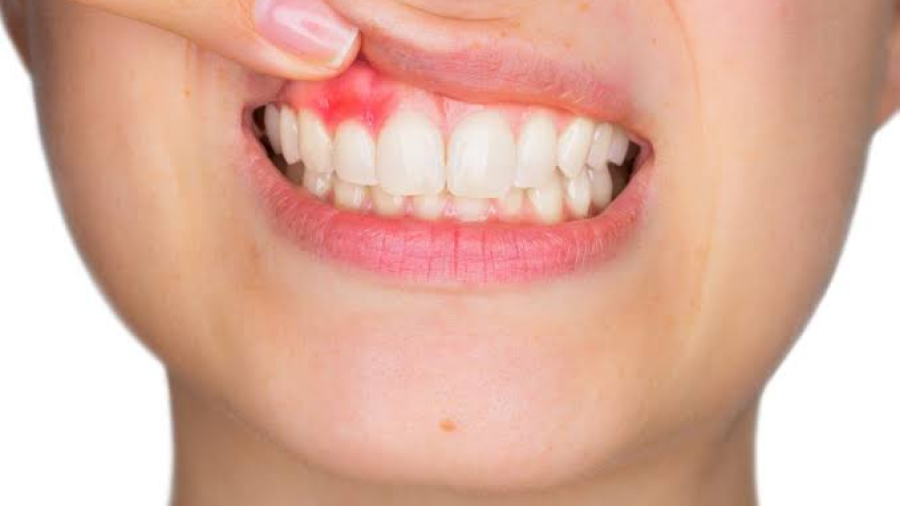When it comes to treating dental issues, choosing the right antibiotic is crucial for effective and timely recovery. Azithromycin, a broad-spectrum macrolide antibiotic, is often considered for various infections due to its effectiveness and patient-friendly dosing regimen. But can Azithromycin be a go-to option for dental issues? Let’s delve into this topic to understand how Azithromycin can be used in dental treatments.
Understanding Dental Issues
Dental issues encompass a range of conditions that affect the teeth, gums, and surrounding tissues. Common dental problems include:
- Periodontitis: A serious gum infection that damages soft tissue and destroys the bone supporting your teeth.
- Periapical Abscess: An infection at the tip of the root of a tooth, often caused by untreated tooth decay, trauma, or dental procedures.
- Pericoronitis: Inflammation of the soft tissues surrounding a partially erupted tooth, commonly affecting wisdom teeth.
- Gingivitis: A mild form of gum disease causing irritation, redness, and swelling of your gums.
The Role of Antibiotics in Dental Treatment
Antibiotics are prescribed to treat bacterial infections, prevent the spread of infection, and mitigate complications. They are particularly crucial when:
- Infection is severe: Spread to other parts of the body, or involves deeper structures such as bones.
- Patient’s immune response is compromised: Due to conditions like diabetes or during chemotherapy.
- Prophylactic measures are needed: For patients at risk of bacterial endocarditis.
Azithromycin: An Overview
Azithromycin is known for its effectiveness against a wide range of bacteria. Key characteristics include:
- Broad-spectrum action: Effective against Gram-positive and some Gram-negative bacteria.
- Long half-life: Allows for once-daily dosing, improving patient compliance.
- Good tissue penetration: Ensures higher concentration in infected tissues.
Azithromycin in Dental Treatments
Indications for Use
Azithromycin is not the first-line antibiotic for most dental infections but is considered when:
- Penicillin Allergy: Patients are allergic to penicillin or related antibiotics.
- Specific bacterial profile: The infection is caused by bacteria susceptible to Azithromycin.
Typical Dental Infections Treated
- Periodontitis: Azithromycin can reduce bacterial load and inflammation.
- Periapical Abscess: Effective in managing infections at the tooth root.
- Pericoronitis: Helps control the spread of infection and inflammation.
Dosage and Administration
For dental infections, the typical Azithromycin dosage is:
- Adults: 500 mg on the first day, followed by 250 mg once daily for the next 4 days.
Benefits of Azithromycin for Dental Issues
- Ease of Use: Once-daily dosing improves adherence to the treatment regimen.
- Tissue Penetration: High concentrations in oral tissues enhance effectiveness.
- Broad-spectrum: Effective against a variety of bacterial strains.
Considerations and Precautions
Bacterial Resistance
- Judicious Use: Overuse can lead to resistance, making the antibiotic less effective.
- Appropriate Prescription: Should be prescribed by a healthcare professional to ensure it is necessary.
Side Effects
Common side effects include:
- Gastrointestinal upset (nausea, vomiting, diarrhea)
- Headache
- Dizziness
Allergic Reactions
Patients with a history of macrolide allergies should avoid Azithromycin.
Comparison with Other Antibiotics
Amoxicillin
- First Choice: Often preferred for dental infections due to its effectiveness.
- Combination Therapy: Sometimes used with metronidazole for severe infections.
Clindamycin
- Anaerobic Coverage: Particularly effective against anaerobic bacteria in dental infections.
- Alternative Option: Used when patients cannot tolerate penicillins.
Metronidazole
- Combined Therapy: Used with other antibiotics for broad-spectrum coverage in severe cases.
Ordering Azithromycin Online
For those in need of Azithromycin, it’s essential to obtain it from a reliable source. You can order Azithromycin online from Medzsupplier, a trusted supplier known for providing quality pharmaceutical products. Ensure you have a prescription from a healthcare professional before ordering.
Conclusion
Azithromycin can be an effective treatment for certain dental infections, especially for patients with penicillin allergies or those who need a broad-spectrum antibiotic. However, it should be used judiciously and under the guidance of a healthcare professional to prevent bacterial resistance and ensure optimal treatment outcomes. If you’re considering Azithromycin for dental issues, consult your dentist or healthcare provider to determine if it is the right choice for your specific condition.
For reliable pharmaceutical products, including Azithromycin, order from Medzsupplier to ensure you receive high-quality medication for your dental health needs.

